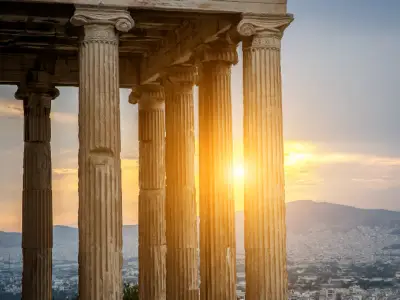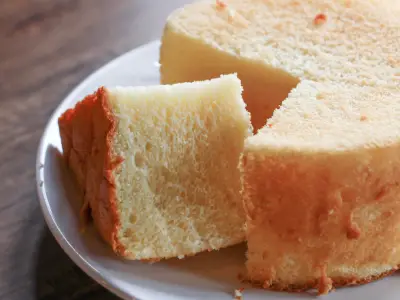Among the many intriguing aspects of ancient Egypt, the Book of the Dead holds a special fascination. If you're intrigued by history or the mysteries of past cultures, the Book of the Dead offers a unique glimpse into the spiritual life of the Ancient Egyptians. This guide explores this ancient text in detail, highlighting its key spells and frequently asked questions.
Jump to:
What is the Book of the Dead?
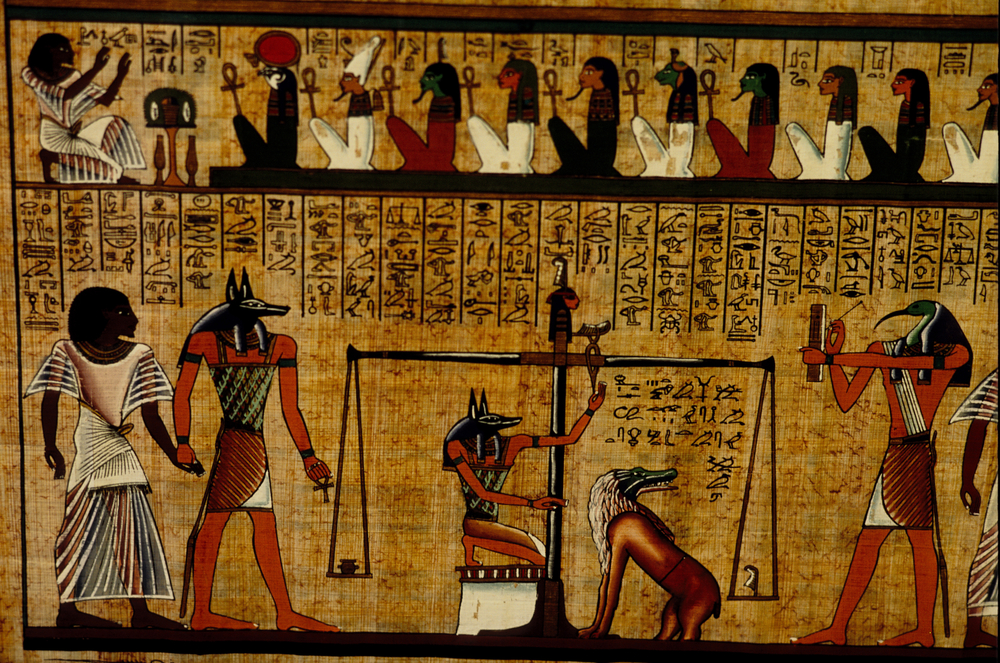
The Book of the Dead is not a single book written by a specific author. Rather, it's a collection of texts consisting of various spells, prayers, and incantations. These were designed to assist the dead in navigating the afterlife according to Ancient Egyptian beliefs. Known in Egypt as "The Book of Coming Forth by Day," this guide was intended to help the deceased overcome challenges and ultimately join the gods in the afterlife.
Who Invented the Book of the Dead?
The texts evolved over time, starting from the Pyramid Texts of the Old Kingdom, which were inscribed on the walls of pyramid tombs. Later, during the Middle Kingdom, these texts morphed into what is known as the Coffin Texts, which were inscriptions inside and outside coffins. By around 1600 BCE, during the New Kingdom, these had developed into what we now recognise as the Book of the Dead, written on papyrus scrolls placed in the tomb alongside the deceased.
Recommended for you!
Best SellersHas a Book of the Dead been found?
Many papyri have been discovered in burial sites alongside mummies. Original papyri are also housed in museums around the world, including the British Museum in London and the Egyptian Museum in Cairo.
Key Spells in the Book of the Dead
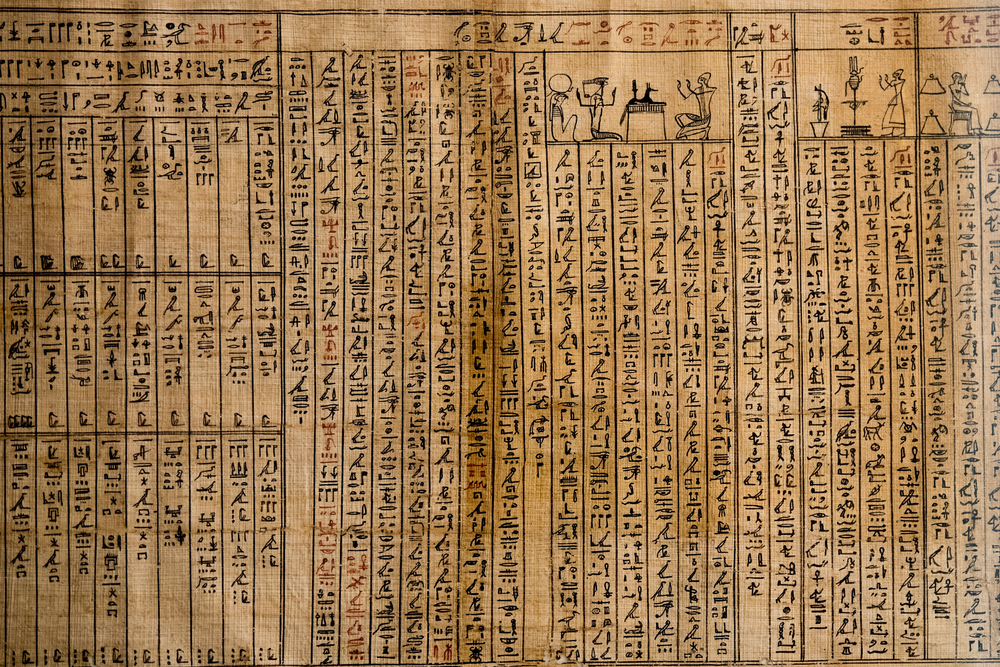
The Book of the Dead contains numerous spells, each crafted to aid the deceased in their journey through the afterlife.
What exactly is a 'spell' in the context of the Book of the Dead?
In the Book of the Dead, a 'spell' refers to written words that have magical properties. These spells were believed to protect the deceased or provide them with special abilities in the afterlife. Each spell had a specific purpose, such as protecting against harmful creatures, ensuring the provision of food, or granting the ability to breathe or speak in the afterlife.
Here are some of the key spells, essential for ensuring the safety, rebirth, and divine judgment of the souls passing into the next world.
Spell 125 – The Declaration of Innocence
Spell 125 is one of the most famous spells in the Book of the Dead. It involves the deceased declaring their innocence of various sins in front of a panel of 42 gods. This declaration was part of the 'Weighing of the Heart' ceremony, a critical test where the heart of the deceased was weighed against the feather of Maat, the goddess of truth and justice. Passing this test was essential for continuing the journey to the afterlife.
Spell 17 – A Summary of the Book
Considered one of the longest and most complex spells, Spell 17 provides a summary of the Book of the Dead's mythology. It describes the sun god’s journey through the night sky and the underworld, symbolising rebirth and renewal. This spell is essential for understanding the overarching narrative and spiritual context of the entire collection.
Spell 30B – Protecting the Heart
This spell was inscribed on a heart scarab and placed on the mummy’s chest. It ensured that the heart would not bear false witness against the deceased during the final judgment. The heart, which was considered the seat of intellect and emotion, needed to be protected to maintain its integrity and truthfulness in the afterlife.
Spell 6 – Preservation of the Body
This spell was important for the preservation of the deceased's physical form in the afterlife. It invoked protective deities to guard the body against decay and ensured that the mummy remained intact. This preservation was believed to be essential for the deceased's resurrection and ability to function in the afterlife.
Spell 92 – For Gaining Mastery Over Snakes
This spell provided the deceased with the ability to control snakes in the underworld, protecting them from potential dangers posed by these creatures. Snakes were often seen as guardians of certain areas of the underworld and could be hostile. Mastery over them was a significant advantage in the perilous journey of the afterlife.
Egyptian Gods and Monsters in the Book of the Dead
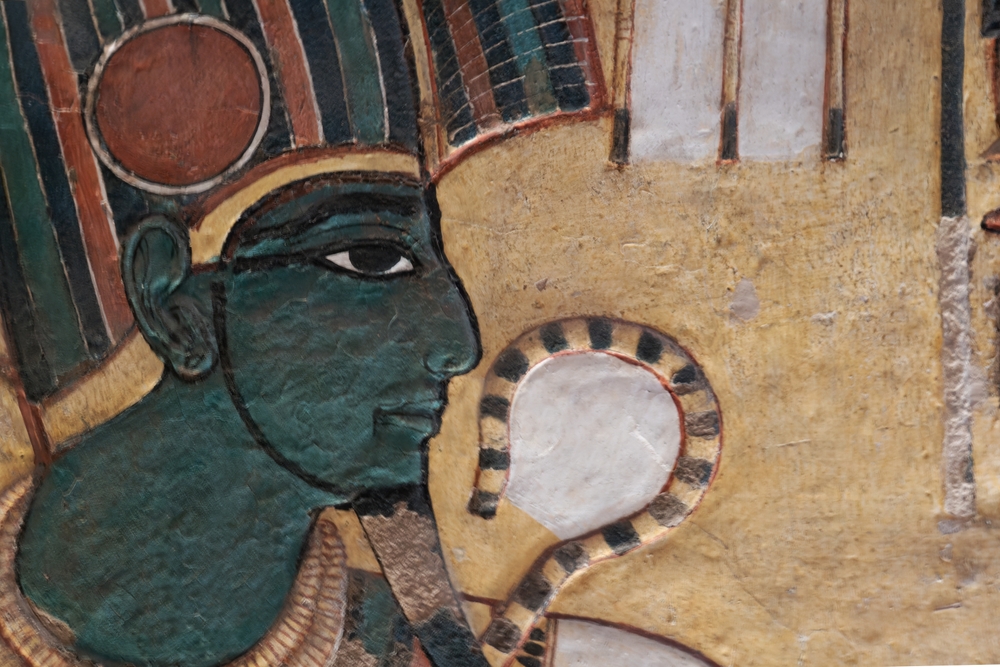
The Book of the Dead features a variety of gods and mythological creatures, each playing a distinct role in the journey of the soul through the afterlife. Here are some of the key figures:
- Osiris: The god of the dead and ruler of the underworld, Osiris judges the souls of the deceased.
- Anubis: Known as the guardian and protector of the dead, Anubis oversees the embalming process and the Weighing of the Heart.
- Maat: The goddess of truth and justice, Maat's feather is used in the Weighing of the Heart to determine the worthiness of the deceased.
- Ammit: A fearsome demon known as the 'Devourer of the Dead', Ammit consumes the hearts of those deemed unworthy, denying them entry into the afterlife.
- Ra: The sun god, Ra travels through the underworld each night, representing rebirth and renewal.
- Thoth: The god of wisdom and writing, Thoth records the results of the Weighing of the Heart ceremony.
- Isis: A protective goddess who uses her magical skills to assist the dead in their journey.
- Nephthys: Sister to Isis, Nephthys serves as a mourner and protector of the dead.
- Horus: The son of Isis and Osiris, Horus is a key figure in the myths of kingship and succession.
Frequently Asked Questions About the Book of the Dead
Is Anubis in the Book of the Dead?
Anubis, the jackal-headed god associated with mummification and the afterlife, plays a key role in the Book of the Dead. He is often depicted overseeing the Weighing of the Heart, serving as a guide to the dead and ensuring they receive a fair judgment
Is there a Book of the Dead in Egypt right now?
While the original papyrus manuscripts are spread across various museums globally, replicas and translated texts are available for viewing in Egypt. Notable museums, such as the Egyptian Museum in Cairo, often exhibit these valuable texts, offering visitors a direct link to Egypt's rich past.
How was the Book of the Dead used by ancient Egyptians?
The Book of the Dead was primarily used as a burial accessory, placed inside the tombs of deceased individuals. It served as a guidebook for the afterlife, providing the deceased with the necessary spells and knowledge to navigate the dangers of the underworld and emerge successfully into eternal life.
What is the significance of Anubis in the funerary practices associated with the Book of the Dead?
Anubis, the god of mummification, was involved in the rituals surrounding death and the afterlife. His responsibilities included overseeing the embalming process and the 'Weighing of the Heart' ceremony, ensuring that the scales of justice were balanced and the deceased could proceed to the afterlife without hindrance.
What happens if a spell is omitted from a Book of the Dead?
Omitting a spell from the Book of the Dead could potentially leave the deceased unprotected in a specific area. For instance, without the appropriate spells, the deceased might face challenges they couldn't overcome, such as hostile creatures or gods in the underworld, potentially jeopardising their journey to the afterlife.
Are there different versions of the Book of the Dead?
There are variations in the content and layout of the Book of the Dead texts, depending on the time period and the social status of the individual. Wealthier and more prominent individuals often had more elaborate versions with additional spells for protection and comfort.
Can I see the Book of the Dead in person?
If you visit museums with significant Egyptian collections, such as the British Museum in London or the Metropolitan Museum of Art in New York, you can view different versions of the Book of the Dead. These institutions often have special exhibitions that delve into Egyptian funerary practices and include actual pages or replicas of the Book of the Dead.
Is the Egyptian Book of the Dead Evil?
The Egyptian Book of the Dead was not considered evil by the Ancient Egyptians. Rather, it was a vital source of spiritual guidance. It provided the deceased with the knowledge and power to navigate the afterlife safely and reach the realm of the gods.
Is The Egyptian Book of the Dead a Good Read?
For those fascinated by ancient cultures, mythology, or religion, the Egyptian Book of the Dead is a fascinating read. It offers insight into the values, beliefs, and hopes of the Ancient Egyptians regarding life after death.
Recommended for you!
Best SellersExplore Ancient Egyptian Magic with Centre of Excellence
Are you captivated by Egypt's ancient mysteries? With our Ancient Egyptian Magic Diploma Course, you can discover the secrets of the pharaohs and learn more about ancient magic and mythology.
Why Centre of Excellence?
- Accessibility: We believe that everyone deserves access to transformative education. That’s why our Ancient Egyptian Magic Diploma Course is priced at just £29, making it accessible for all who wish to explore this fascinating subject.
- Flexibility: Learn at your pace and on your schedule. Our courses are designed to seamlessly integrate into your life, allowing you to pursue your interest in ancient Egyptian magic without disrupting your daily routine.
- Supportive Learning Environment: When you enrol, you gain personalised tutor support and a community of like-minded enthusiasts. We're here to support your learning journey every step of the way.
Special Invitation
We’re thrilled to offer our Ancient Egyptian Magic Diploma Course at a special discounted rate of £29, offering savings of over £100.










